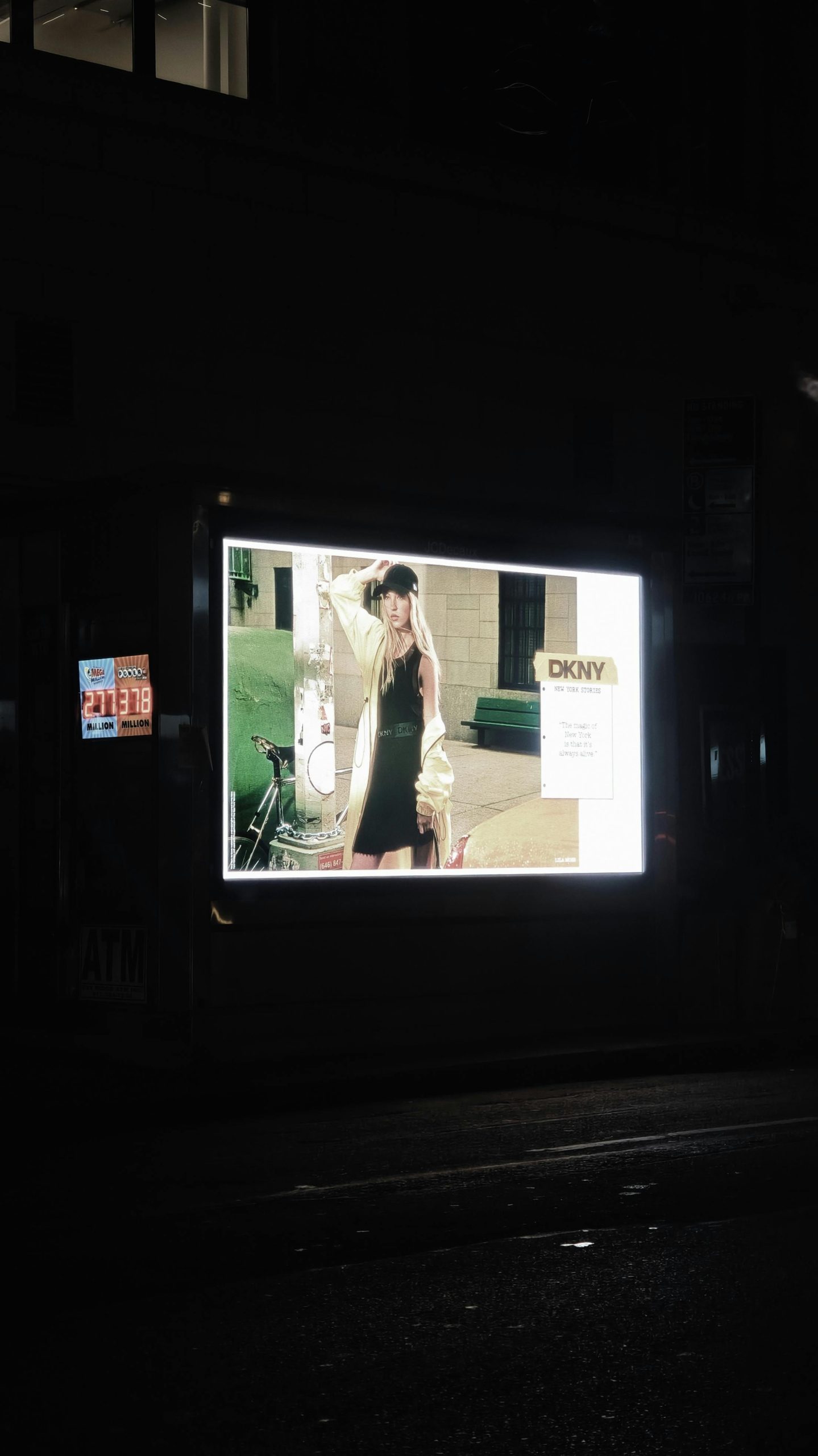Top Gear host argues that cars have no place in urban environments like London.
Cars don’t belong in cities like London, says Top Gear host

Searching the Nations Capital

Top Gear host argues that cars have no place in urban environments like London.
It’s an interesting perspective! Many urban areas, including London, face significant challenges related to pollution, congestion, and limited space. Advocates for reducing car usage often argue that promoting public transport, cycling, and walking can lead to more sustainable and livable cities. However, it’s essential to consider the needs of all residents, including those who rely on cars for mobility. What’s your take on balancing car usage with the push for greener urban spaces?
I completely agree with the notion that cars can negatively impact urban environments like London. The congestion, pollution, and noise generated by vehicles not only degrade air quality but also detract from the overall livability of the city.
Emphasizing alternative modes of transportation—such as public transit, cycling, and walking—can transform our urban landscapes into more sustainable and vibrant spaces. Investing in pedestrian-friendly infrastructure, expanding green spaces, and enhancing bike lanes could encourage people to shift away from car dependency.
Additionally, cities worldwide have successfully implemented car-free zones or limited access in certain districts, resulting in improved air quality and increased foot traffic for local businesses. What are your thoughts on how London could further embrace such innovations while balancing the needs of residents and businesses?
Engaging in the Future of Urban Mobility
I completely agree with the perspective presented by the Top Gear host regarding the role of cars in urban spaces like London. The conversation around urban mobility is essential, especially as our city continues to grow and evolve. Here are a few points to consider:
Ultimately